If you're a parent eagerly awaiting the day your little one takes their first splash, you're in for an exciting adventure! Introducing your child to the world of swimming at an early age can bring numerous benefits, from safety to physical and cognitive development. As a swim instructor and owner of Pod Squad Swim School I understand the importance of early water familiarisation and swimming lessons. In this article, we'll explore why starting your child's swim journey early is a great idea and provide you with some essential tips to make the process smooth and enjoyable.
When should a child learn to swim?
The question of when to start swimming lessons for your child often arises. Swim Australia and the Australian Swim Schools Association recommend beginning lessons from as early as 6 months old. However, even before formal lessons, you can engage in early water familiarisation activities at home. Babies are naturally comfortable in the water due to their aquatic environment in the womb, making it an ideal time to introduce them to the joys of swimming.
How do I prepare my baby for swimming lessons?
To ensure a smooth transition to formal swimming lessons, you can start by getting your baby accustomed to water sensations. Regular baths and showers, along with gentle pouring of water over their head, can help your baby become more comfortable with the sensation of water early on.
Why start swimming lessons at a young age?
At around 6 months old, your child is at an optimal stage for introducing swimming lessons. This is because their developing independence and imagination may lead to a fear of water or going underwater if introduced at a later age. Starting early allows your little one to accept water more readily, helping them develop water safety skills without unnecessary fear or stress.
Benefits of introducing babies to water
Beyond safety concerns, early introduction to water offers a host of benefits for your baby's development. Immersing your child in water helps enhance gross motor skills, strength, coordination, and balance, as the buoyancy of water reduces the effects of gravity. Moreover, babies who are introduced to water early often exhibit more natural movements, which can contribute to their overall physical development.
Additional external benefits
Research conducted by Griffith University over a 4-year period reveals that children who engage in swimming demonstrate advanced physical and cognitive skills compared to their non-swimming peers. These skills include improved visual motor abilities, better language skills, enhanced mathematical problem-solving, and a knack for following instructions.
Enhancing sleep and bonding
Is your baby having trouble sleeping or feeding? Swimming can come to the rescue! Warm water combined with gentle exercise has a soothing effect on babies, often leading to better sleep patterns and increased appetite. Beyond the physical benefits, swimming also provides an ideal opportunity for deep bonding between parent and child. The uninterrupted quality time spent in the water creates a stronger connection and sets the stage for a lifelong exercise habit.
Ensuring ongoing safety
While learning to swim is a crucial skill, it's important to remember that it's just one layer of water safety. Your child is not "drown-proof" even after learning to swim. Installing proper pool fencing, keeping gates closed, learning CPR, and most importantly, providing constant supervision are essential to ensure your child's safety around water.
At Pod Squad, we're passionate about helping your child embark on their swim journey with confidence and joy. Early water introduction lays the foundation for a lifetime of aquatic enjoyment, learning, and safety. By following these tips and embracing the benefits of introducing your child to water at a young age, you're setting them up for a bright and splash-filled future!


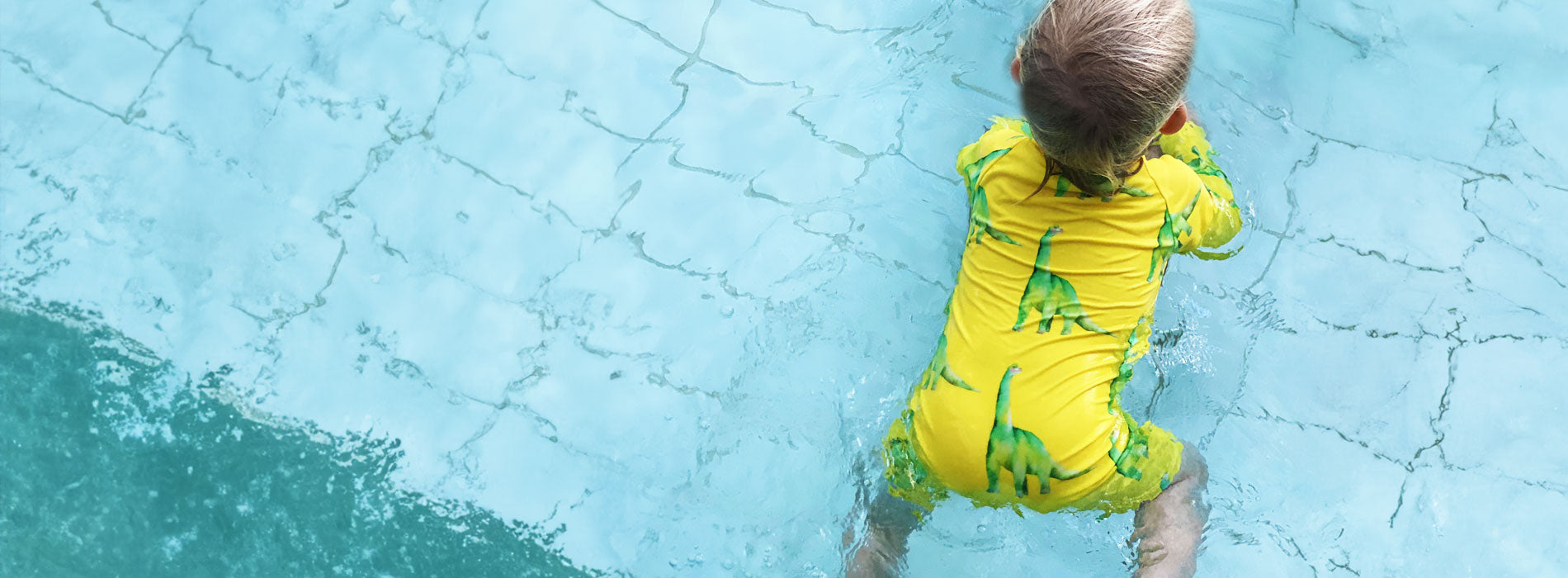











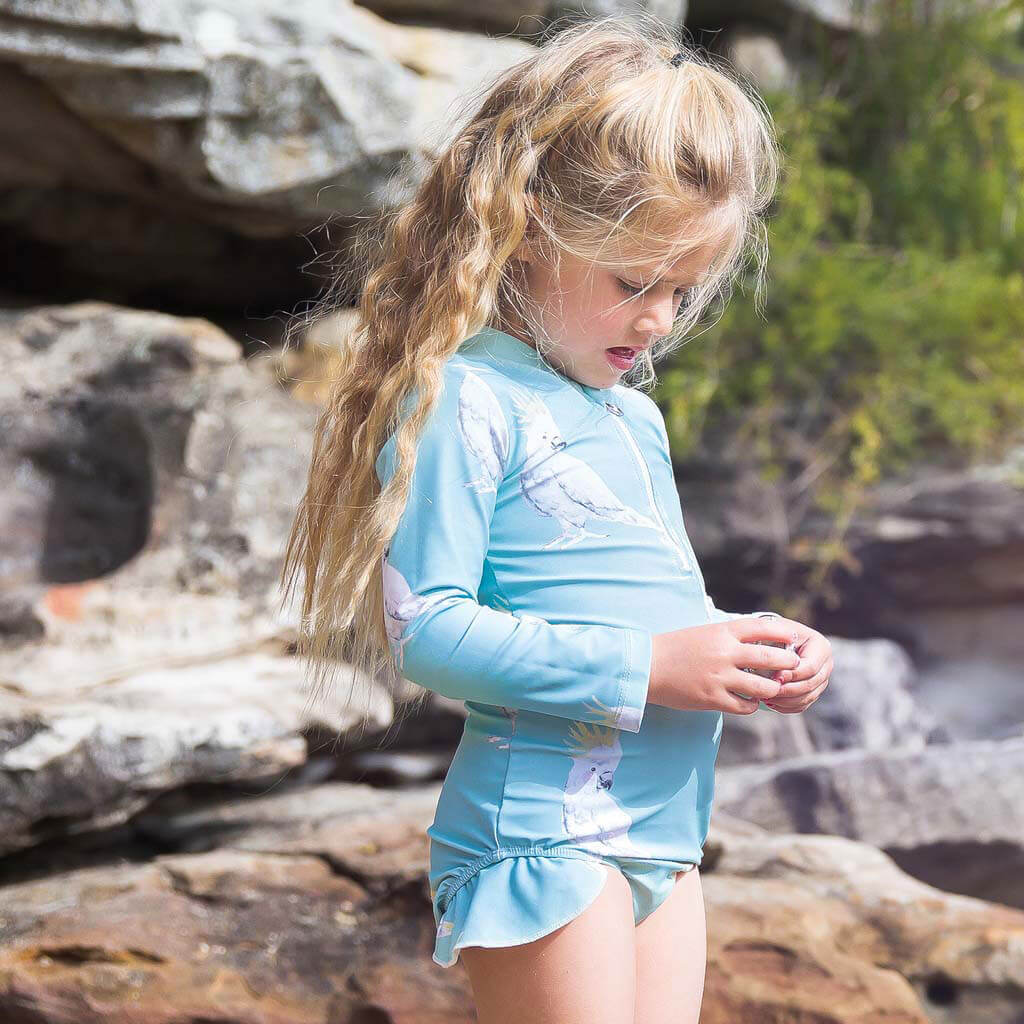



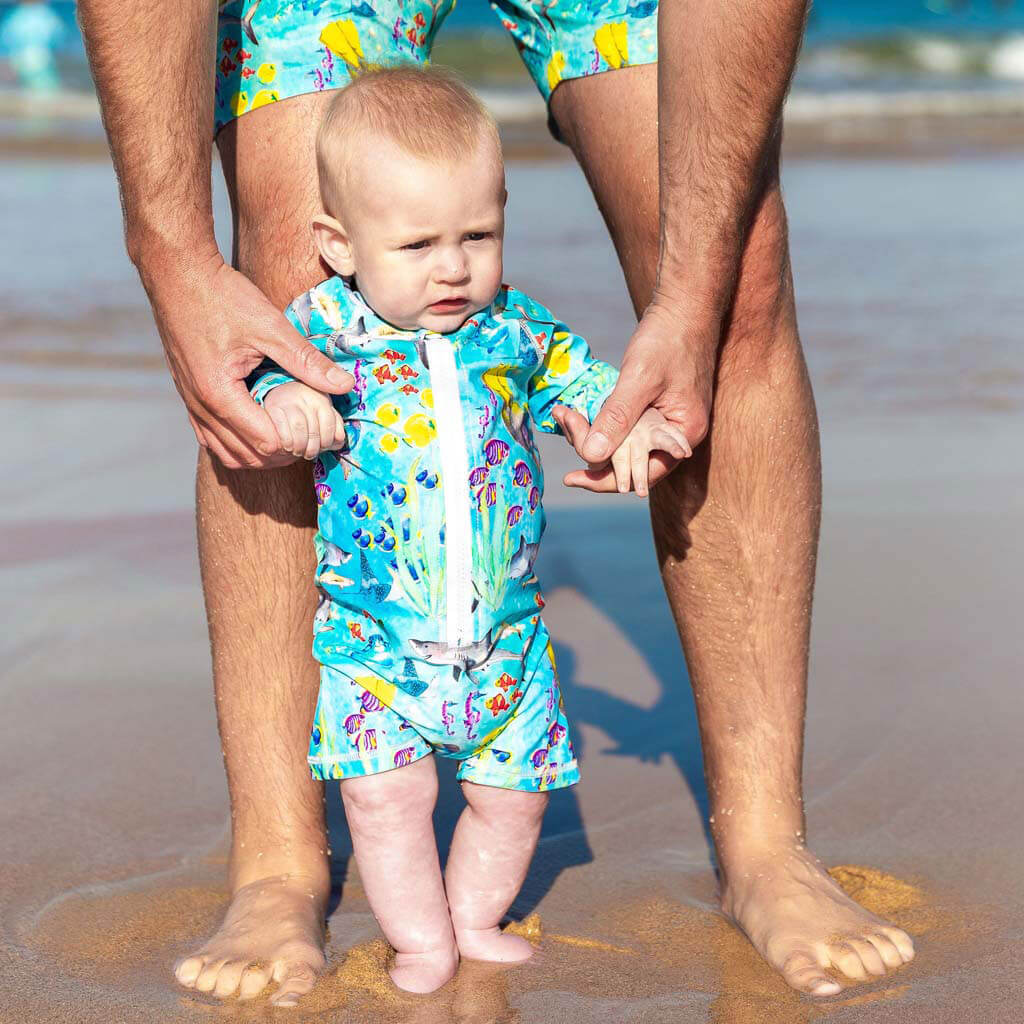



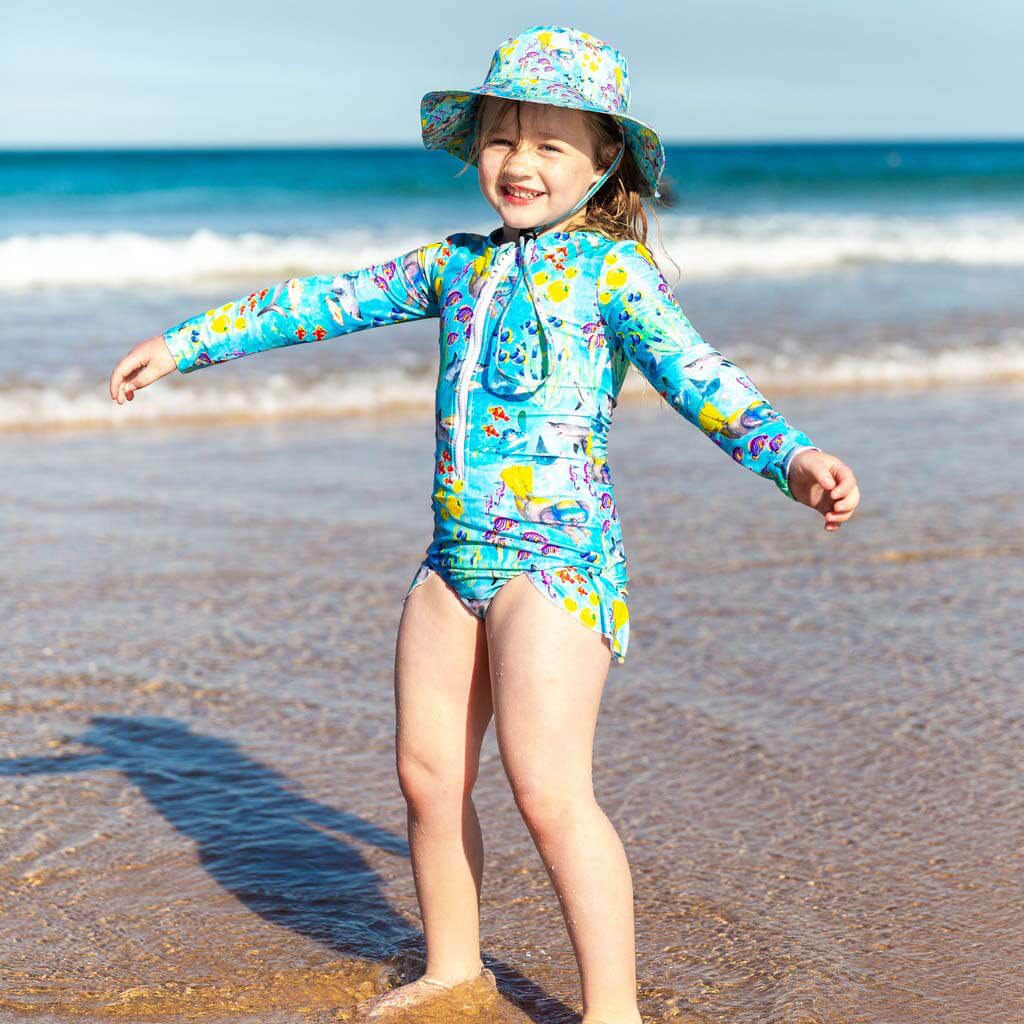

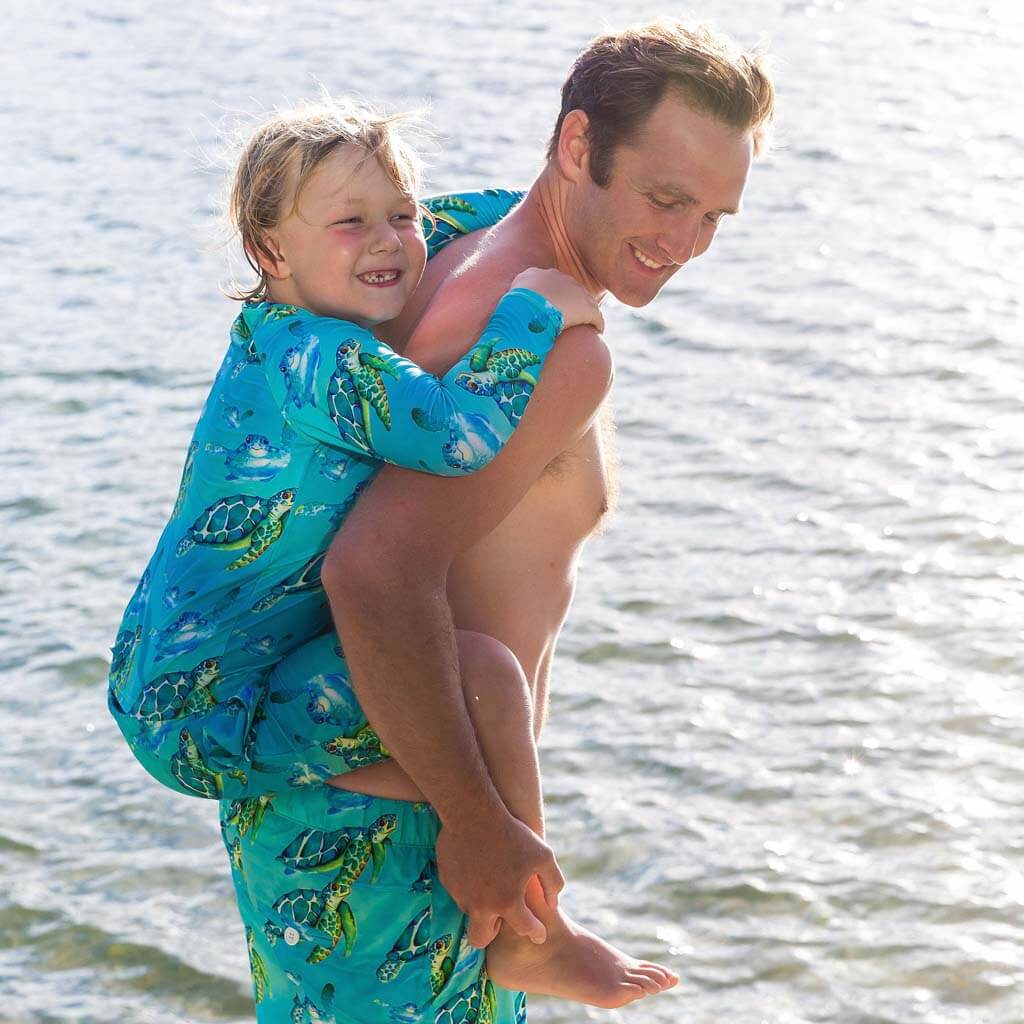
Leave a comment